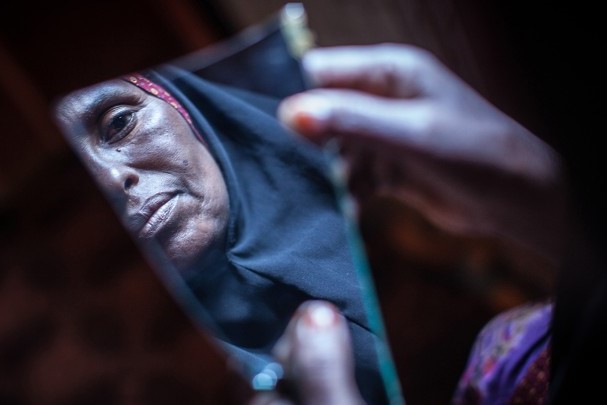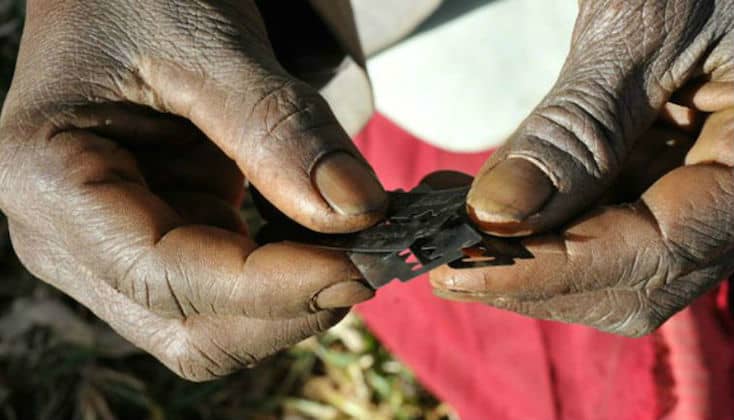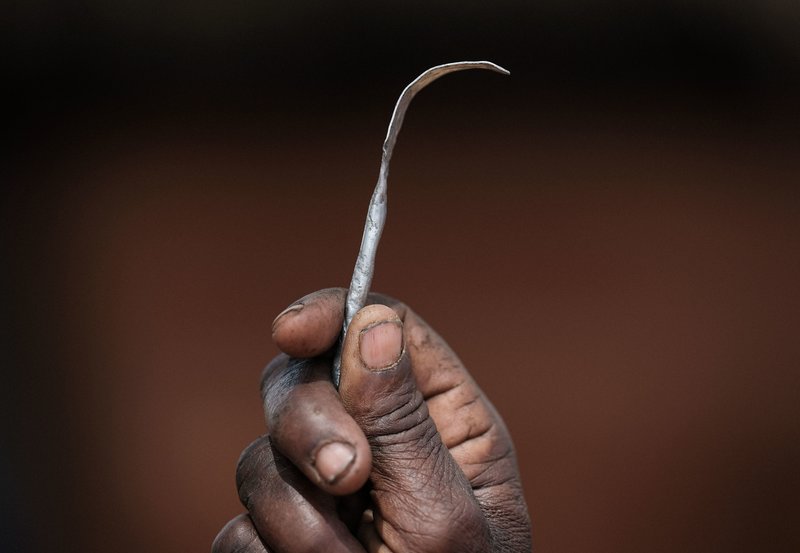
Female Circumcision, or better known as Female Genital Mutilation (FGM), had been a part of the Maldivian tradition according to historians. However, it was a time where medical services and awareness were lacking. With education and learning, many now believe that FGM holds no value to the young girls and women in our community.
Our religion of Islam also does not encourage FGM, and health professionals echo the same. In short, it shows no health benefits, but only harm in both the short-term and long-term.
The World Health Organization (WHO) defines FGM as “all procedures that involve partial or total removal of the external female genitalia, or other injury to the female genital organs for non-medical reasons”. Procedures include the stitching, piercing, pricking or even removal of the skin, according to WHO.
FGM is common in Africa, the Middle East and some areas of Asia. FGM performed in some parts of Africa, especially, proves to be harmful as non-sterile equipment, such as razor blades are used. As a result, young girls suffer throughout their lives and in some cases face the risk of death.

No health benefits, only harm
WHO states that while FGM has no proven health benefits, it also imposes irreversible damages to girls and women. Immediate complications include:
- severe pain
- excessive bleeding (haemorrhage)
- genital tissue swelling
- fever
- infections e.g., tetanus
- urinary problems
- wound healing problems
- injury to surrounding genital tissue
- shock
- death
Moreover, the procedure may cause long-term consequences, which include:
- urinary problems (painful urination, urinary tract infections)
- vaginal problems (discharge, itching, bacterial vaginosis and other infections)
- menstrual problems (painful menstruations, difficulty in passing menstrual blood, etc.)
- sexual problems (pain during intercourse, decreased satisfaction, etc.)
- increased risk of childbirth complications (difficult delivery, excessive bleeding, caesarean section, need to resuscitate the baby, etc.) and newborn deaths
- need for later surgeries
- psychological problems (depression, anxiety, post-traumatic stress disorder, low self-esteem, etc.)

Is FGM common in Asia?
WHO reports show that each year, more than 3 million girls are estimated to be at risk for FGM. In addition, more than 200 million girls and women alive today have been cut in 30 countries in Africa, the Middle East and Asia.
Furthermore, WHO describe Female Genital Mutilation as a global concern.



Leave a comment
0 Comments